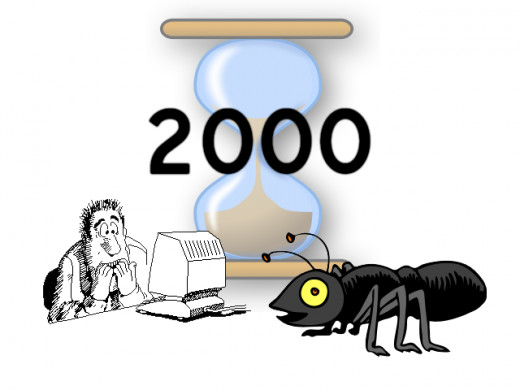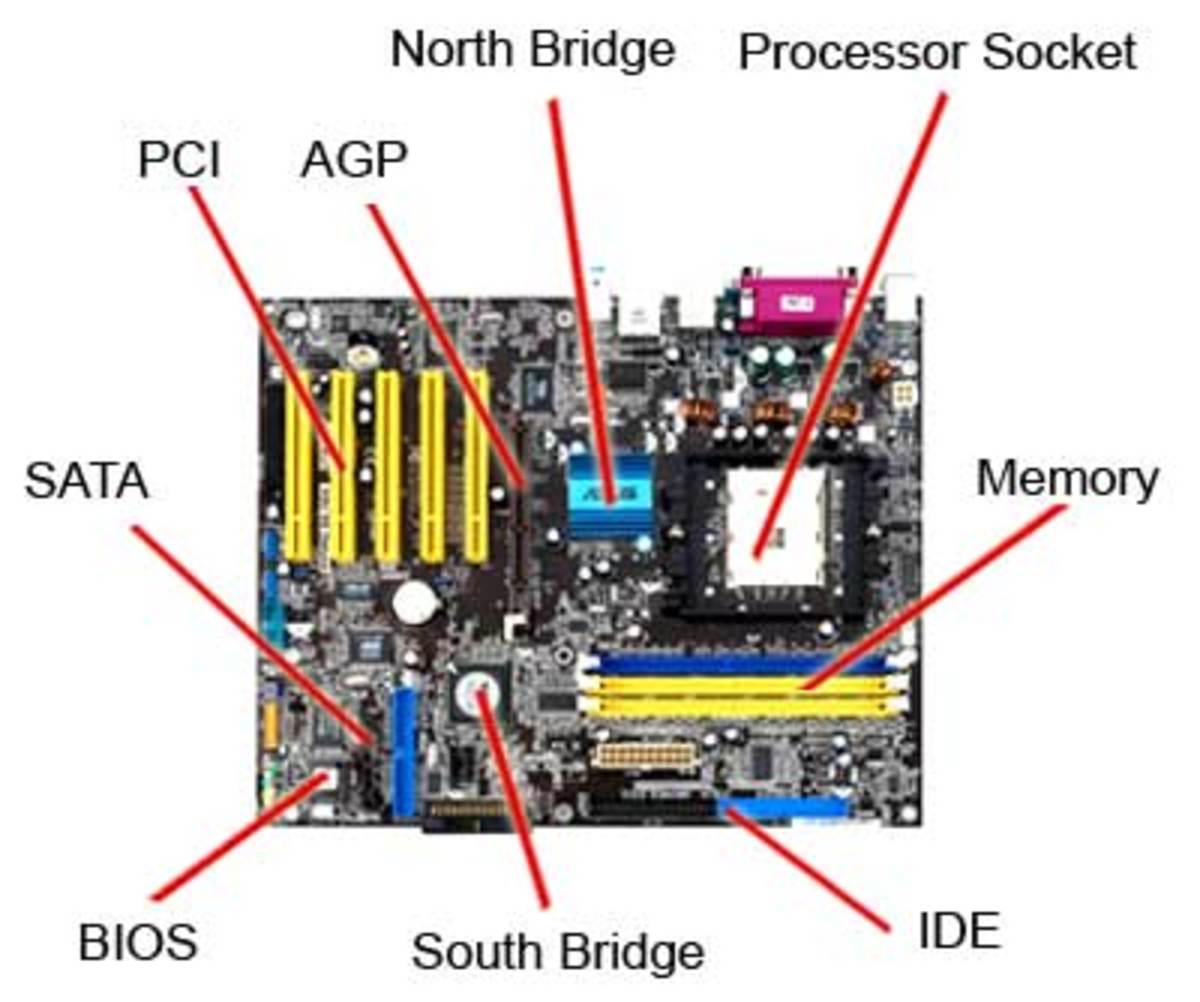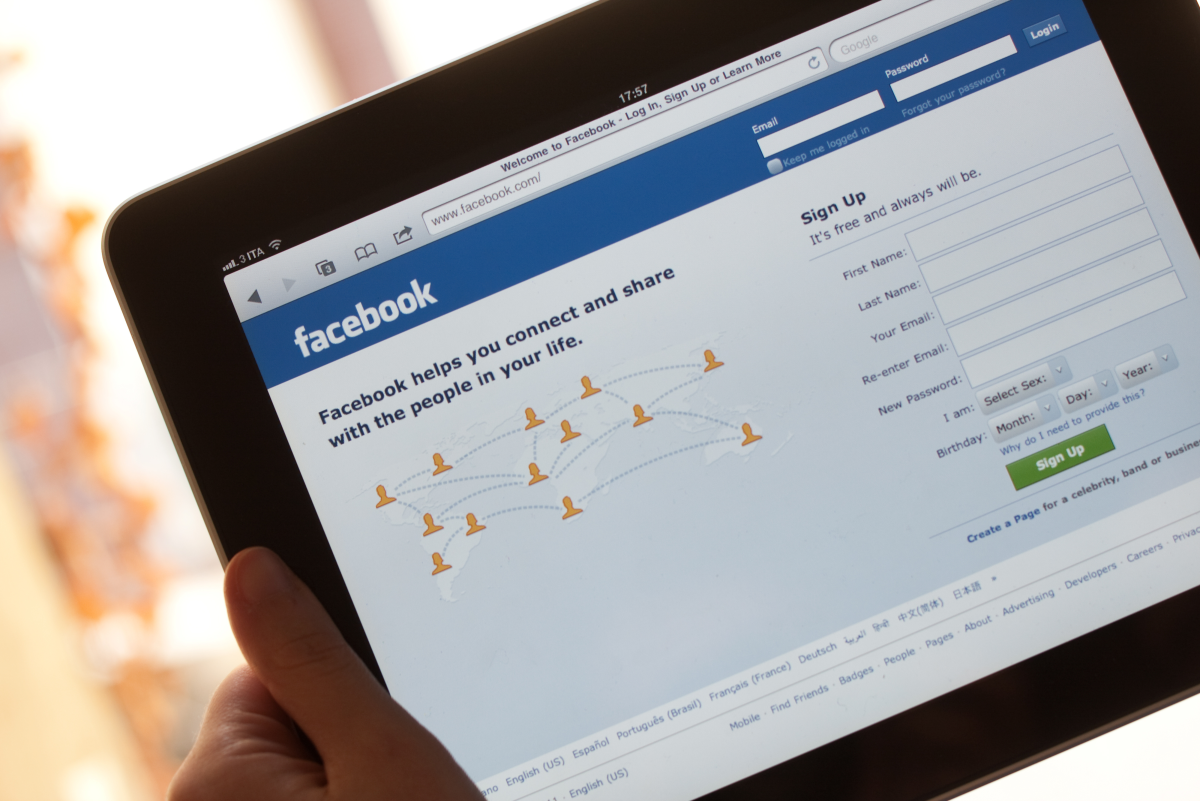Remember the Millennium Bug?
The Bug That Scared the World

The Y2K Scare Was Real
The Year 2000 Problem, also known as the Millennium Bug, but referred to by most simply as Y2K was a disaster that never happened. The problem, for those who may have been too young to care, was that in order to save space on the old IBM computer punch cards, dates were shortened to two digits rather than four. Two digits on an 80 column card was actually a significant saving of bit space. This, however, created a problem with computer databases. How could a computer tell the difference between 1998 and 2008 once the year 2000 rolled around? Beginning in the mid 1980s, computer experts started to wave red flags. Not only would employment and financial records be screwed up, but our infrastructure may have been in danger. Experts were alarmed at a possible failure of the national electrical grid because ROM chips were often encased in cement near power stations, and a wrong date could mean disaster.
Governments worldwide took the Y2K scare very seriously. The United States Congress passed the Year 2000 Information and Readiness Disclosure Act. Everyone was asking if our military preparedness would be affected by the bug. If our military databases went down would we be vulnerable to attack?
Y2K Compliance, the Buzz Phrase of the 1990s
I owned a small publishing company in 2000. At the insistence of my auditors I embarked on a project to get our system up to Y2K speed. "Y2K Compliance" was actually an entry on all audits during the 1990s. If all hell broke loose, as many predicted, accountants didn't want to be accused of not warning the readers of financial statements. Very few business plans written in the 1990s did not have a section on Y2K complianceThe Y2K compliance project in my small company cost me $27,000.but that was chump change compared to what some organizations spent The worldwide cost of Y2K remediation was over $300 billion. As Vice President Biden would say, "This was a big f...ing deal."
A Millennium Bug Quiz
What Did You Do To Prepare for Y2K?
Happy New Year! The Millennium Bug Rolled Over and Died
I will never forget New Year's Eve of 1999. We had some friends over for dinner and a party. As the clock struck 7 PM we had our eyes glued to a TV report of the festivities in London where it was midnight. Nothing happened. The lights stayed on, the partiers partied and at my house we all breathed a sigh of relief. The news reports in the subsequent days were replete with talking heads criticizing the Y2K alarmist crowd over the self-debunking scare. But was it a totally overblown alarm? No, it wasn't, at least not totally.
The Aftermath - Did the Millennium Bug Hurt Anybody?
The debate will never end whether the Y2K scare was warranted. Many contend that the vast and expensive remedial efforts avoided the problem. Had nothing been done, they claim, the Y2K scare would have been warranted. They also argue, with some persuasiveness, that because so many organizations created redundant networks in anticipation of the Millennium Bug, the terror attacks of 9/11 did not fatally disrupt the world financial systems.
Those who contend that the Y2K scare was overblown argue that because so few businesses or organizations reported problems, the Millennium Bug was as harmless as a ladybug. By September of 1999 only 28 percent of US schools had taken any Y2K remediation efforts, but nothing newsworthy happened. See White House: Schools lag in Y2K readiness: President's Council sounds alarm over K-12 districts' preparations so far, article by Jonathan Levine of eSchool News, 1 September 1999.
After all the money I spent on Y2K compliance with my business, I personally experienced only one problem that was clearly related to the Millennium Bug. I had an old DOS based mortgage amortization program that I used for a mortgage that I was holding. When I checked it, sure enough the January 1 payment was due—on January 1, 1900! It was no big deal because so many loan amortization programs were available then. It was the only piece of evidence that I saw that there really was a bug out there.
The Y2K scare was just that, a scare. It is now a part of world history. But since then, almost 12 years ago, I still write out the full year on checks.








